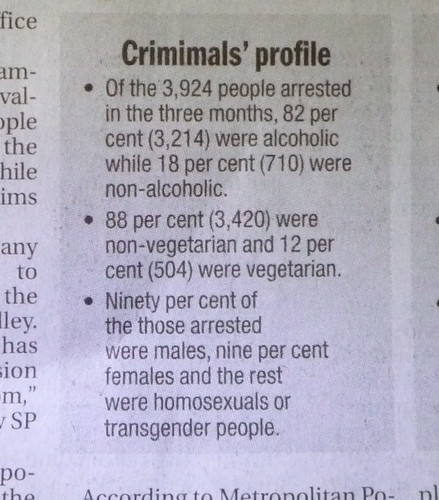
This week our neighborhood supermarket, the reliable and humble Ram Store (which stores its yogurt at room temperature on the floor) began stripping its shelves of liquor, wine, and beer. The move was in response to new Maoist regulations which dictate that alcohol be sold only between 10 AM and 10 PM, under license, to I.D.'d individuals over the age of 18. All that was left at the Ram Store were a few boxed wines and a stray bottle of "White Magic" (a picture of whose label I really need to post). All in all, a less stringent alcohol policy than India, Pakistan, or New Hampshire, but still a decisive move in the direction of prudence.
This week also marked the end of the Maoist government's first hundred days in office. The Prime Minister, "Prachanda," who lead the Maoist insurgency from the jungles and the hills, has taken the party through a remarkably smooth transition from guerrilla movement to ruling political party within the space of a couple years. But now that they're ruling, the Maoists haven't been terribly productive or clear in their intentions. Among the Big Jobs they're assigned are writing a constitution and integrating their own rag tag army with the Nepali Army. So far they haven't really begun either one, and have instead been locked in semantic arguments within their own party over whether to establish Nepal as a "People's Republic" or a "Democratic Republic."
In the meantime, the YCL or "Youth Communist League," which is the thuggish youth wing of the party, has called regularly for bandhs and caused all sorts of other trouble including, most recently murdering two youths associated with a rival communist party. Militant unions associated with the Maoists also forced the closure *entire resort town* because the hotels wouldn't collectively pay its workers more than the minimum wage. These kinds of groups are extremely disruptive to the daily working life of Kathmandu, but it's tough to say how much the Maoist party controls them.
Among the most concrete changes the Maoists have brought are matters of simple law and order along the lines of the liquor regulations. The new government has also limited nightclubs to an 11 PM closing time, vastly expanded the presence of traffic police, and forced the suspension of the "Miss Nepal" beauty pageant (Trump should really consider buying the brand and relocating it to Vegas). I think many Nepalis have waited to see what kind of rulers the Maoists will be: radical, or pragmatic. And at least for now, it seems like they're continuing to wait for an answer.
 There are two daily English Language newspapers in Nepal, the Himalayan Times and the Kathmandu Post, and both can be frustrating in their lack of context. It's common to read a 750 word story about the progress of a criminal court case, in which the crime and the people involved is never described. Or a story about a politician's bitter accusations against a rival party, without any response from the accused, or any reporting on whether the accusations are true.
There are two daily English Language newspapers in Nepal, the Himalayan Times and the Kathmandu Post, and both can be frustrating in their lack of context. It's common to read a 750 word story about the progress of a criminal court case, in which the crime and the people involved is never described. Or a story about a politician's bitter accusations against a rival party, without any response from the accused, or any reporting on whether the accusations are true.